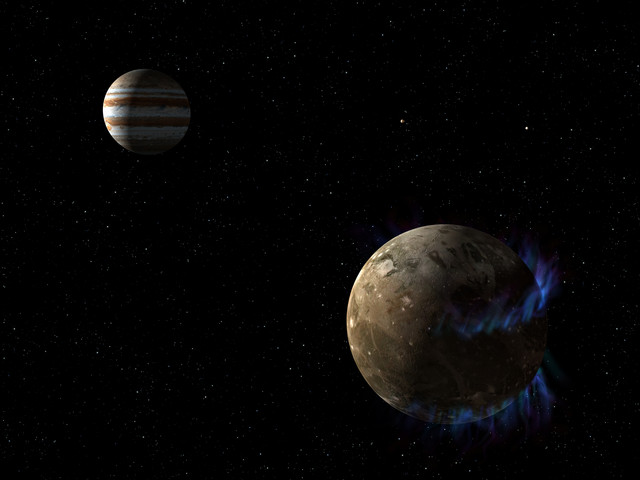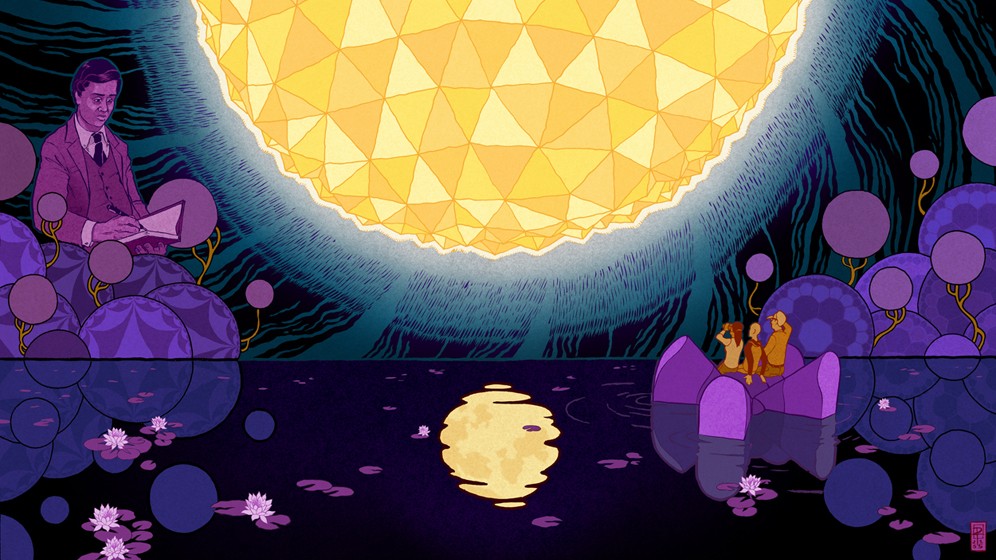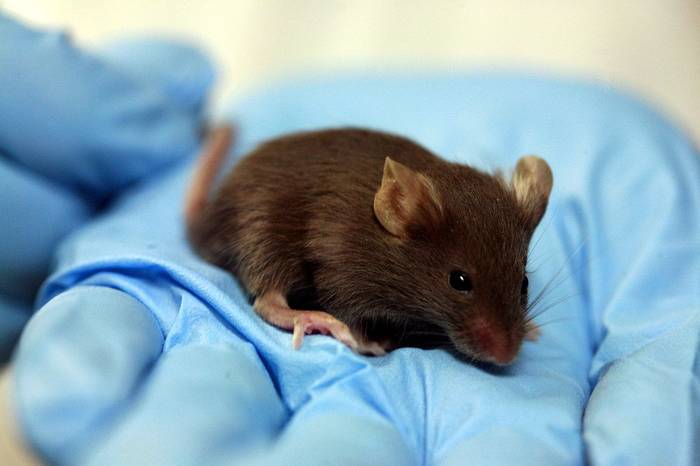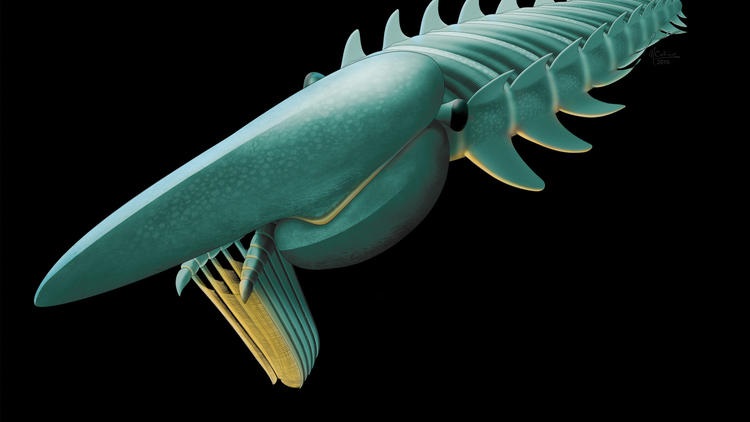Science in the media
-

Did the Anthropocene Begin with the Deaths of 50 Million Native Americans?
Christopher Columbus’ arrival in the “new world” in 1492 marked the start of an epoch of mass death. An estimated 50 million inhabitants of North, Central, and South America died […]
-

Number-crunching Higgs boson: meet the world’s largest distributed computer grid
The world’s largest science experiment, the Large Hadron Collider, has potentially delivered one of physics’ “Holy Grails” in the form of the Higgs boson. Much of the science came down […]
-

An Unlikely Driver of Evolution: Arsenic
Arsenic can poison people today through exposure to pesticides and pollution. But arsenic is also naturally present in the water and soil in some parts of the world. The Atacama […]
-

Las auroras de Ganímedes sugieren que tiene un océano subterráneo
El telescopio espacial Hubble de la NASA ha encontrado la mejor evidencia hasta la fecha de la existencia de un océano de agua salada bajo la corteza de Ganímedes, la […]
-

Mathematicians Chase Moonshine’s Shadow
In 1978, the mathematician John McKay noticed what seemed like an odd coincidence. He had been studying the different ways of representing the structure of a mysterious entity called the monster […]
-

Before There Were Stars
The universe is the grandest merger story that there is. Complete with mysterious origins, forces of light and darkness, and chemistry complex enough to make the chemical conglomerate BASF blush, […]
-

Izan ez duten esperientzia baten oroitzapena txertatu diete saguei, lotan zeudela
Garuneko gune batzuk kitzikatuta, oroimenari iruzur egin daitekeela erakusten duten zenbait esperimentu argitaratu da azkenaldian. Bestak beste, saguak oroitzera behartu edo, alderantziz, oroitzapenak ezabatzea lortu dute ikertzaileek. Oraingoan, saguek leku […]
-

Gamma Rays May Be Clue on Dark Matter
A small, newly discovered galaxy orbiting the Milky Way is emitting a surprising amount of electromagnetic radiation in the form of gamma rays, astronomers reported Tuesday. The finding may be […]
-

Found: A giant, ancient arthropod that grew up to 7 feet long
The newly discovered animal, dubbed Aegirocassis benmoulae, is an early member of the arthropod family tree, making it an ancient ancestor of cockroaches, butterflies and shrimp. It lived about 480 million years […]
